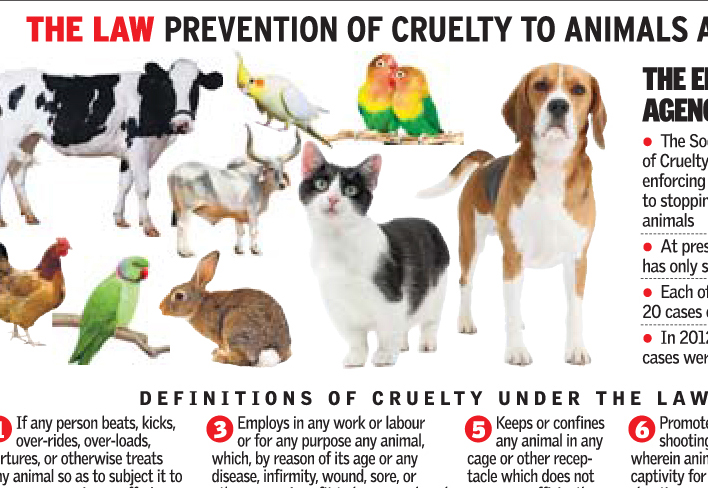Can you sue someone for animal cruelty? This question evokes a sense of urgency for many animal lovers who witness or suspect acts of cruelty towards our voiceless companions. The idea of taking legal action against someone for harming an animal presents an array of complexities not just in terms of legality but also in the moral fabric of our society. The notion of legislation protecting animals unveils a significant aspect of ethical conduct that is being increasingly valued across various jurisdictions.
Understanding the legal landscape surrounding animal cruelty is fundamental. Animal cruelty laws vary dramatically from state to state, encompassing a wide spectrum of definitions and penalties. They generally fall under criminal law, designed to punish offenders through fines and imprisonment. However, civil remedies offer another layer of protection and justice for our furry friends that remains frequently overlooked.
When one thinks of animal welfare, it’s essential to recognize that animal cruelty encompasses a range of offenses, from neglect to outright violence. Crucially, these definitions are broadly interpreted—yet they offer pathways for redress. So, when contemplating the actions to take against an individual suspected of cruelty, one must first determine whether their behavior aligns with statutory definitions.
In the realm of civil remedies, the primary avenue available is through the filing of a lawsuit. At its core, a civil lawsuit is a means by which individuals can seek compensation and accountability rather than punishment. This is achieved by proving that the defendant acted in a way that not only caused harm to the animal but also an injury or emotional distress to the plaintiff. The key question remains: can emotional distress be substantiated in this context?
To some extent, it can. When a person sees an animal suffering due to another’s negligence or cruelty, they may experience emotional pain. This emotional distress can indeed be a cornerstone of a civil case, albeit one fraught with its own challenges. Meeting the burden of proof becomes essential. Gathering evidence of the documented suffering of the animal, alongside testimonies of witnesses regarding the emotional toll felt by the plaintiff, becomes paramount in civil proceedings. Photos, veterinary records, and even social media might contribute to this mosaic of proof.
Victims of animal cruelty have the right to sue for several categories of damages. Compensation for veterinary bills incurred due to neglect or harm can be claimed. Additionally, plaintiffs might seek damages for pain and suffering inflicted on the animal, which can be a complicated area to navigate yet is essential for achieving justice. In some jurisdictions, plaintiffs may also pursue punitive damages, intended to punish egregious offenders, serving as a deterrent to similar future actions.
Another potential route under civil remedies is the concept of equitable relief. This encompasses actions seeking court-ordered measures—such as the return of an animal or an injunction to prevent further cruelty. Equitable relief is critical when an animal’s life hangs in the balance, and immediate intervention by the legal system can potentially save it from further harm. However, obtaining a court order requires swift action and solid evidence that can easily shift public perception in the plaintiff’s favor.
With emerging technology, the landscape of proving animal cruelty is evolving. Surveillance footage and social media recordings have become formidable tools for documenting abusive behavior. Video evidence can dramatically shift a case, swaying the judge or jury while bypassing the need for solely anecdotal testimony. In this digital age, evidence is abundant; the challenge remains in adeptly navigating the legal system to utilize it effectively.
Furthermore, supportive organizations and legal non-profits often operate within communities, offering assistance to those who wish to pursue civil action against animal cruelty. These organizations can provide legal counsel tailored to the nuances of animal law. They can assist with case assessments, ensuring that individuals are not pursuing an impractical course of action. A community network can galvanize support and advocacy, amplifying the impact of individual wills against cruelty.
The question of whether one can sue for emotional distress stemming from witnessing cruelty should also consider the psychological ramifications on society. Animals are integral to our very existence, and witnessing their suffering can prompt collective action beyond the courtroom. Community initiatives, such as awareness programs and educational campaigns targeting animal welfare, often arise from personal experiences with animal cruelty. These local movements empower individuals with knowledge and resources while spreading compassion across demographics.
Engaging with the community extends beyond mere civil litigation; it fosters a united front against the prevalent issues of animal cruelty. Legal self-education becomes an essential tool for advocates in this fight, simultaneously equipping them to navigate civil remedies effectively. Additionally, there is also an ethical imperative to confront the broader societal attitudes contributing to violence against animals—a cultural shift that aligns with both legal and moral reasoning.
In sum, the ability to pursue civil action against animal cruelty is indeed within reach. It requires knowledge, strategy, and often necessitates the backing of various community and legal resources. Understanding the nuances of civil law as it applies to animal cruelty can empower activists and pet owners alike. By stepping into the role of not just a witness, but an advocate, individuals can catalyze significant reforms. So, can you sue someone for animal cruelty? Yes, in many cases you can, but it necessitates diligence and an unwavering commitment to justice for those who cannot voice their suffering. The pursuit of accountability doesn’t end in the courtroom; it continues steadfastly in the hearts of all who champion for animal welfare.








